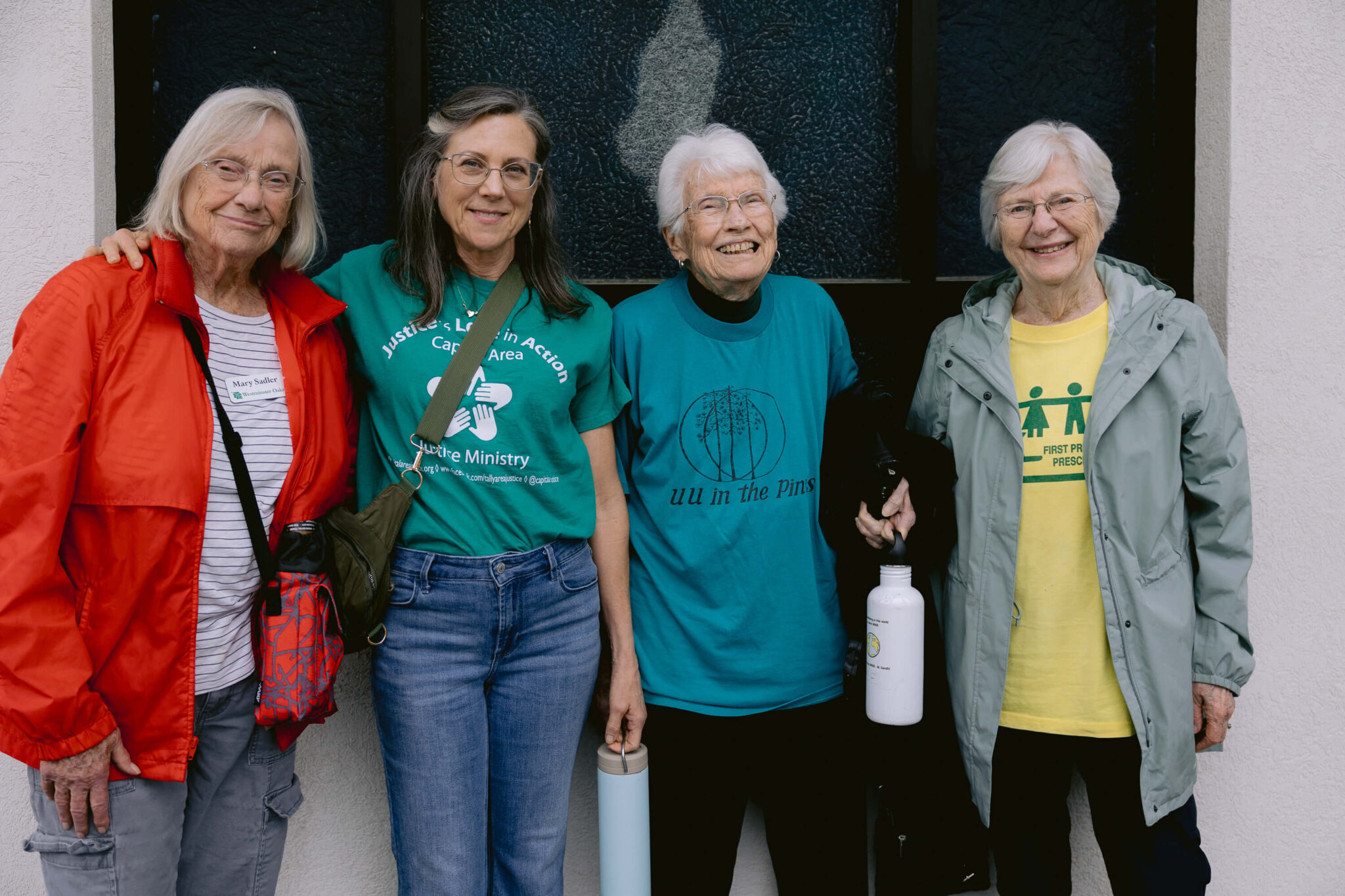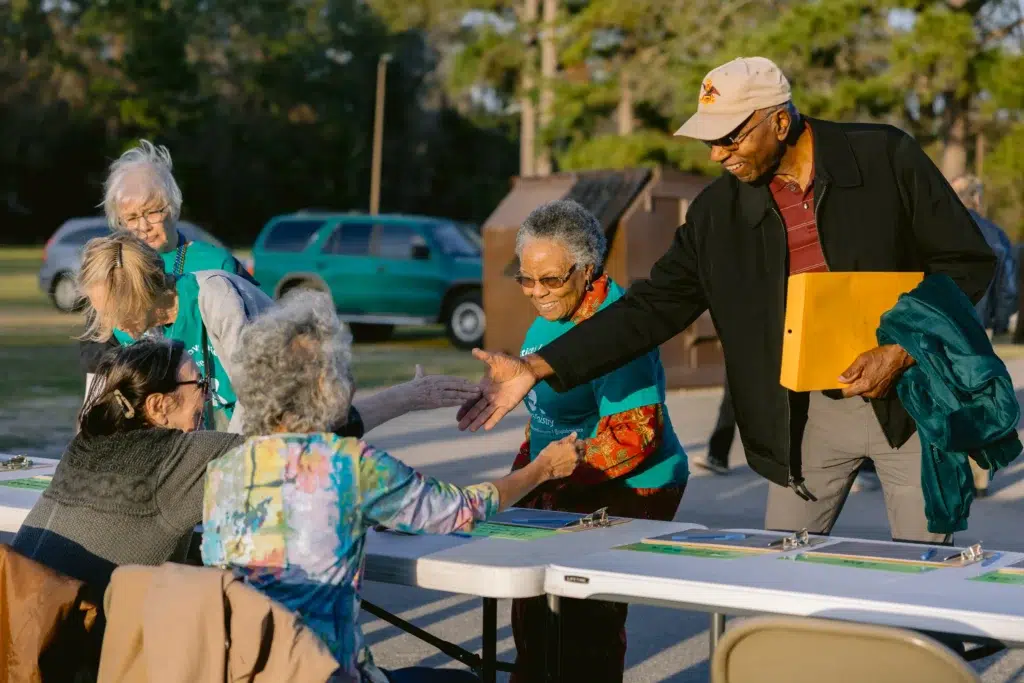Our Ministry
Ministry
We measure the activity of our faith communities by the three requirements mentioned in this passage from Nehemiah.

These three requirements are the following

be faithful.
Our congregations do a good job of reminding us to be faithful.

showing mercy
Our congregations do a good job of showing mercy by providing services or charity to individuals or families who need help.

Accountability
But our congregations do not “do justice” very well.
Biblically, justice means holding the king and pharaoh accountable for the fair treatment of all people, especially the poor, widow, and orphan. In our time, that means holding city council or the school superintendent accountable for enacting policies that will benefit all residents and will eradicate segregation.
how to do justice in the community


joining together with other faith communities
Nehemiah got “very angry” as he listened to their stories. So, he called a “great assembly” in Jerusalem. The entire city came out to confront the nobles and officials to stop their unjust and sinful lending practices. Faced with the power of a great assembly of organized people, the nobles and officials agreed to stop their unjust practices and return to the people everything they had taken.
Individually, we don’t have the power to hold political leaders accountable for justice. So, we build people power by joining together with other faith communities across the Tallahassee area through a community-wide ministry called the Capital Area Justice Ministry.
We follow Nehemiah’s example by bringing together thousands of people at least once a year in a “great assembly” called the Nehemiah Action. There, we show our people power to pressure officials to solve serious community problems.